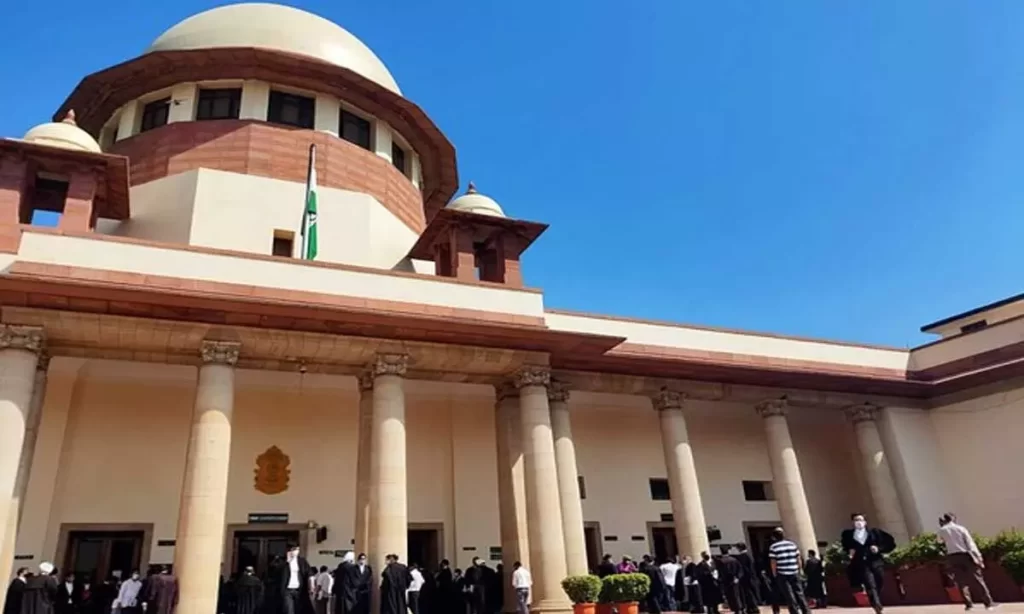Shreya Gupta
On 15th May 2025, the Supreme Court of India delivered a significant judgment while closing the long-pending 2007 Salwa Judum case (Nandini Sundar & Ors. Versus State of Chattisgarh). In its ruling, the Court made crucial observations on the relationship between legislative action and judicial authority. It reaffirmed the principles of constitutional governance and the doctrine of separation of powers.
The Court, through a bench comprising Justices B.V. Nagarathna and Satish Chandra Sharma, held that the mere act of enacting a law by a legislature—whether Parliament or a State Legislature—cannot be construed as contempt of court. The context involved a challenge to the Chhattisgarh Auxiliary Armed Police Force Act, 2011, which had been enacted by the State of Chhattisgarh after the Supreme Court’s earlier ruling that had criticized the use of tribal youth as Special Police Officers (SPOs) in anti-Naxal operations. The petitioners alleged that the enactment of this law amounted to defiance and contempt of the Court’s previous orders.
However, the Supreme Court firmly rejected this contention, clarifying that legislative enactment in itself does not amount to contempt unless and until the law is declared unconstitutional or beyond legislative competence. The Court emphasized that the role of the judiciary in this context is interpretative—it may assess the constitutional validity of laws or clarify their meaning—but it cannot equate the act of lawmaking with contempt.
Highlighting the constitutional framework, the judgment reiterated that legislatures have plenary powers to make laws within their jurisdiction, including the power to amend or re-enact laws that may have been previously struck down, provided they do so within constitutional limits. This is consistent with the doctrine of separation of powers, which mandates mutual respect and functional autonomy among the legislature, executive, and judiciary.
The Court concluded that legislative action, unless proven to be ultra vires, remains valid and cannot be viewed as an act undermining judicial authority. This judgment thus reinforces the autonomy of the legislature and draws a clear line between judicial review and legislative prerogative, promoting a balanced and harmonious constitutional order.
Case Title: Nandini Sundar & Ors. Versus State of Chhattisgarh
Case Number: WRIT PETITION(S)(CIVIL) NO(S). 250/2007
Bench: Justice B.V. Nagarathna and Justice Satish Chandra Sharma

